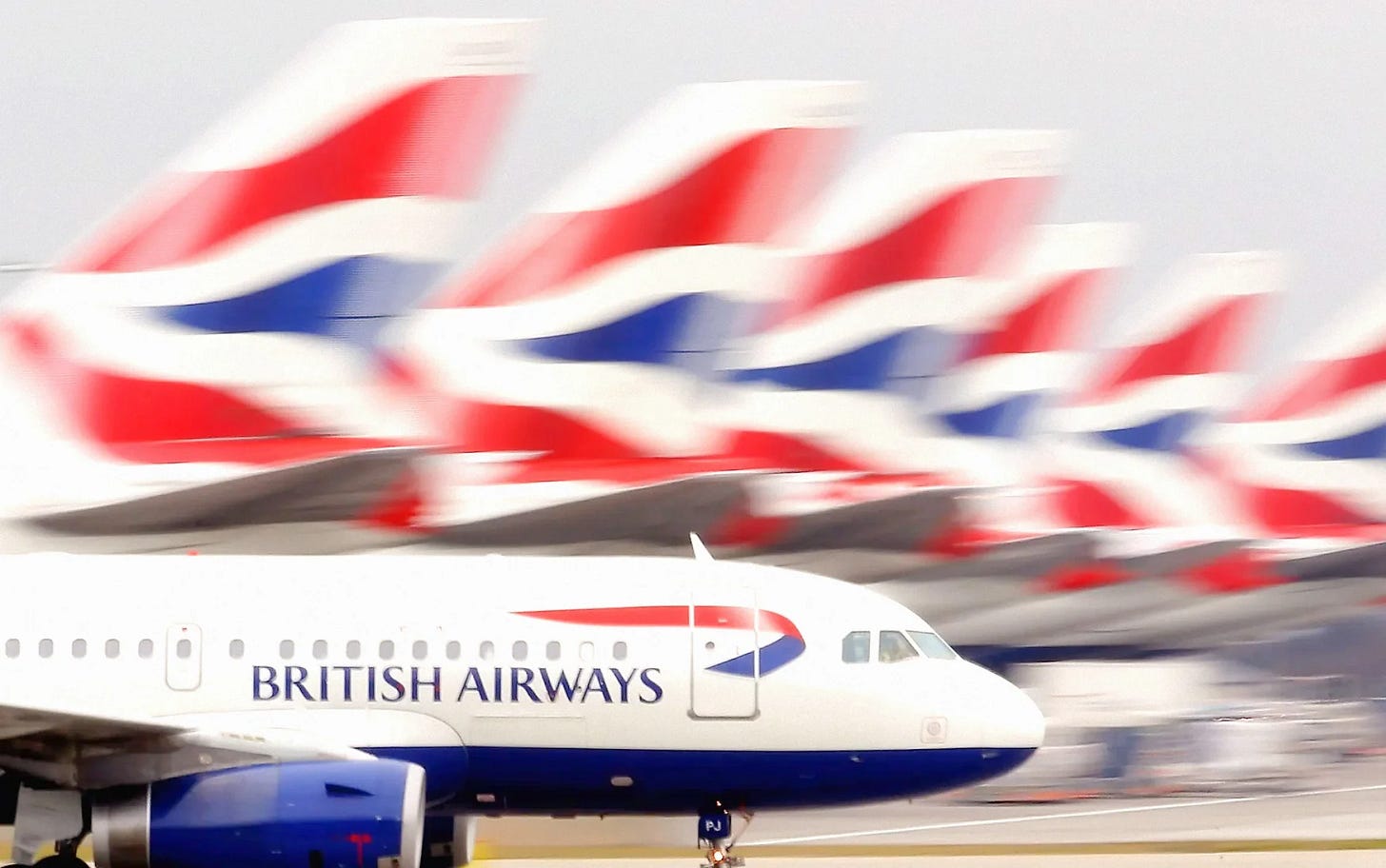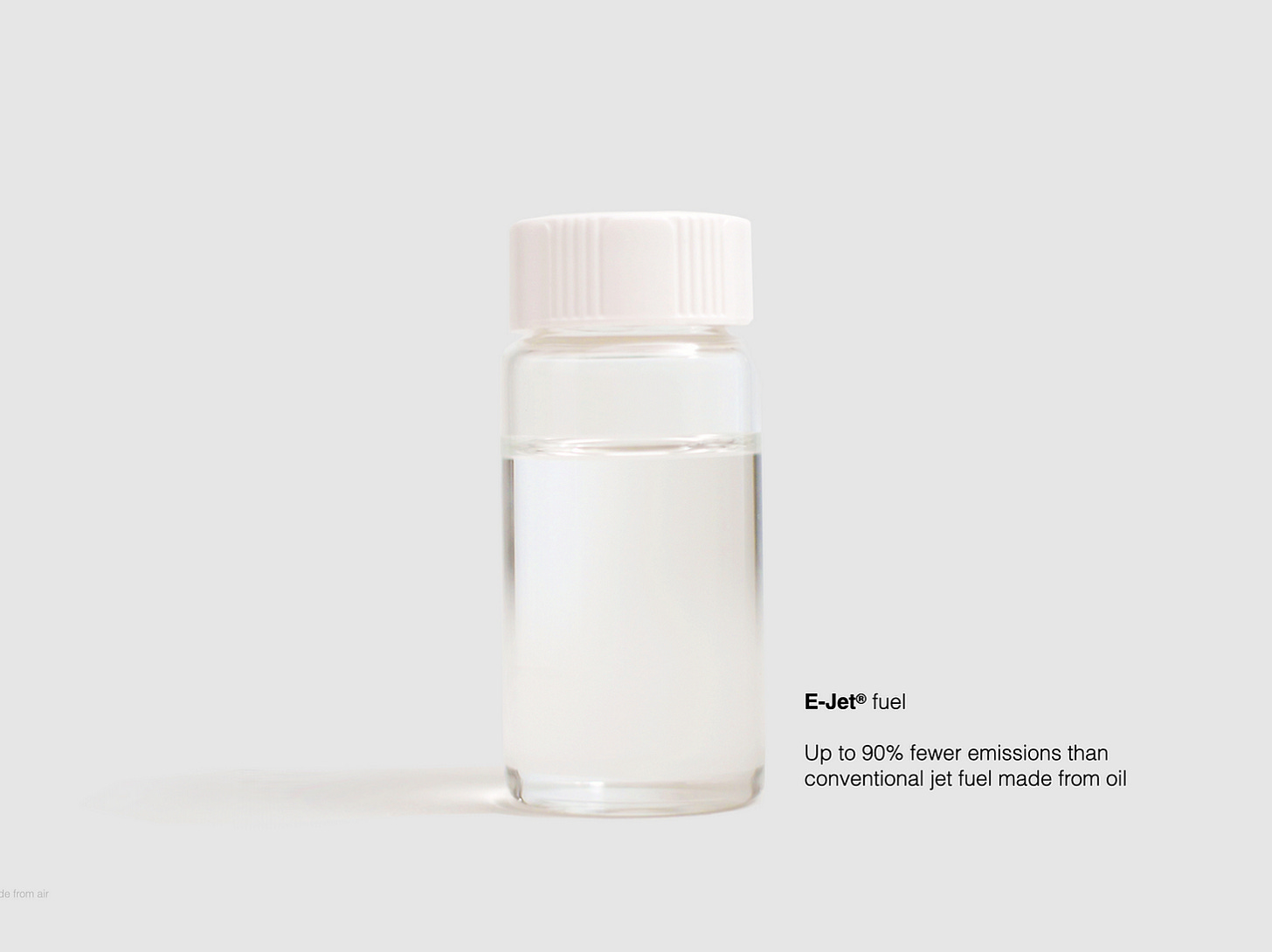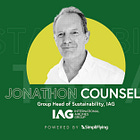From CO2 to jet fuel: IAG and Twelve's partnership fuels sustainable aviation breakthrough
IAG secures one-third of 2030 SAF target with major e-SAF deal.
In a major stride towards its 2050 carbon neutrality goals, International Airlines Group (IAG) announced its most significant sustainable aviation fuel (SAF) acquisition yet.
Coinciding with the SAF Investor Conference in London, the group unveiled a major agreement with US e-SAF pioneer Twelve.
With IAG committing to using 10% sustainable aviation fuel by 2030, this deal means that it has now secured one-third of the SAF needed to reach its target.
Specifically, the collaboration promises the provision of 260 million gallons of Twelve's e-SAF, derived from CO2, water, and renewable sources.
As part of the announcement, Luis Gallego, IAG’s Chief Executive Officer, addressed the global scarcity of SAF, accentuating Twelve's essential role in this arena:
“This new deal will contribute towards our 2030 SAF target. We would like to see similar projects scale in Europe, and we look forward to working with governments across our key markets to build a SAF industry to deliver jobs, economic growth and a stable supply of SAF.”
IAG’s transaction with Twelve is the most substantial e-SAF commitment by any European airline group, meriting the ‘SAF Offtake Deal of the Year’ accolade at the SAF Investor Conference and Awards in London on February 27.
On a recent edition of our “Sustainability in the Air” podcast, Twelve’s CEO and Co-Founder, Nicholas Flanders, articulated the company’s strategy to mitigate climate change through carbon transformation technology.
Twelve’s ambition is to repurpose CO2 into a spectrum of products, including jet fuel. According to Flanders, their technology not only seeks to diminish aviation's carbon footprint but also to “redefine our perception of carbon emissions as a resource rather than waste”.
Twelve's E-Jet® fuel, made from CO2 and water, can reduce lifecycle emissions by up to 90% compared to traditional jet fuel.
Twelve has forged several strategic alliances that have contributed to its success.
By collaborating with the US Air Force and corporations like Mercedes Benz to manufacture the world’s inaugural CO2-based car components, Twelve has validated the practicality of its carbon transformation technology.
Furthermore, Twelve has joined forces with Alaska Airlines and Microsoft in planning a demonstration flight and supplying the fuel to offset some of Microsoft’s corporate travel with Alaska.
Meanwhile, in another episode of "Sustainability in the Air," Jonathon Counsell, IAG’s Group Head of Sustainability, emphasised the group's dedication to SAF as a cornerstone of its decarbonisation strategy, with the emphasis being on practical solutions that will work in the short to medium term, as opposed to nascent technologies.
As part of its environmental strategy, IAG is also channelling investments into new aircraft, fuel efficiency measures, SAF acquisitions and investments, and carbon removal initiatives to counterbalance any remaining emissions from its operations.
IAG, of course, has made several significant SAF-related announcements in the past year or so.
In July 2023, the group announced it has invested in UK-baed Nova Pangaea Technologies (NPT) whose pioneering technology transforms agricultural waste and wood residues into second-generation bioethanol, a precursor to SAF. With IAG's support, NPT will advance the development of 'NOVAONE,' its inaugural commercial-scale waste-to-fuel production facility, marking the UK's first venture of this nature.
In August 2023, IAG signed a co-funding deal with Microsoft to buy 14,700 tonnes of SAF, supporting Microsoft's objective to reduce its Scope 3 emissions, aligning with its ambition to be carbon-negative by 2030. The SAF, made from recycled cooking oil and food waste by Phillips 66 Limited at the Humber refinery in England, will fuel approximately 300 flights between London and Seattle.
Notably, in November 2023, Project Speedbird in the UK – an ethanol-to-jet fuel initiative involving LanzaJet, Nova Pangaea, and British Airways – received a £9 million injection from the UK Government’s Advanced Fuels Fund.






